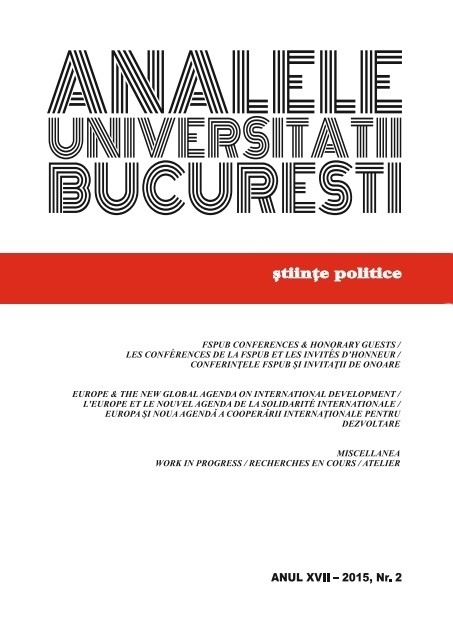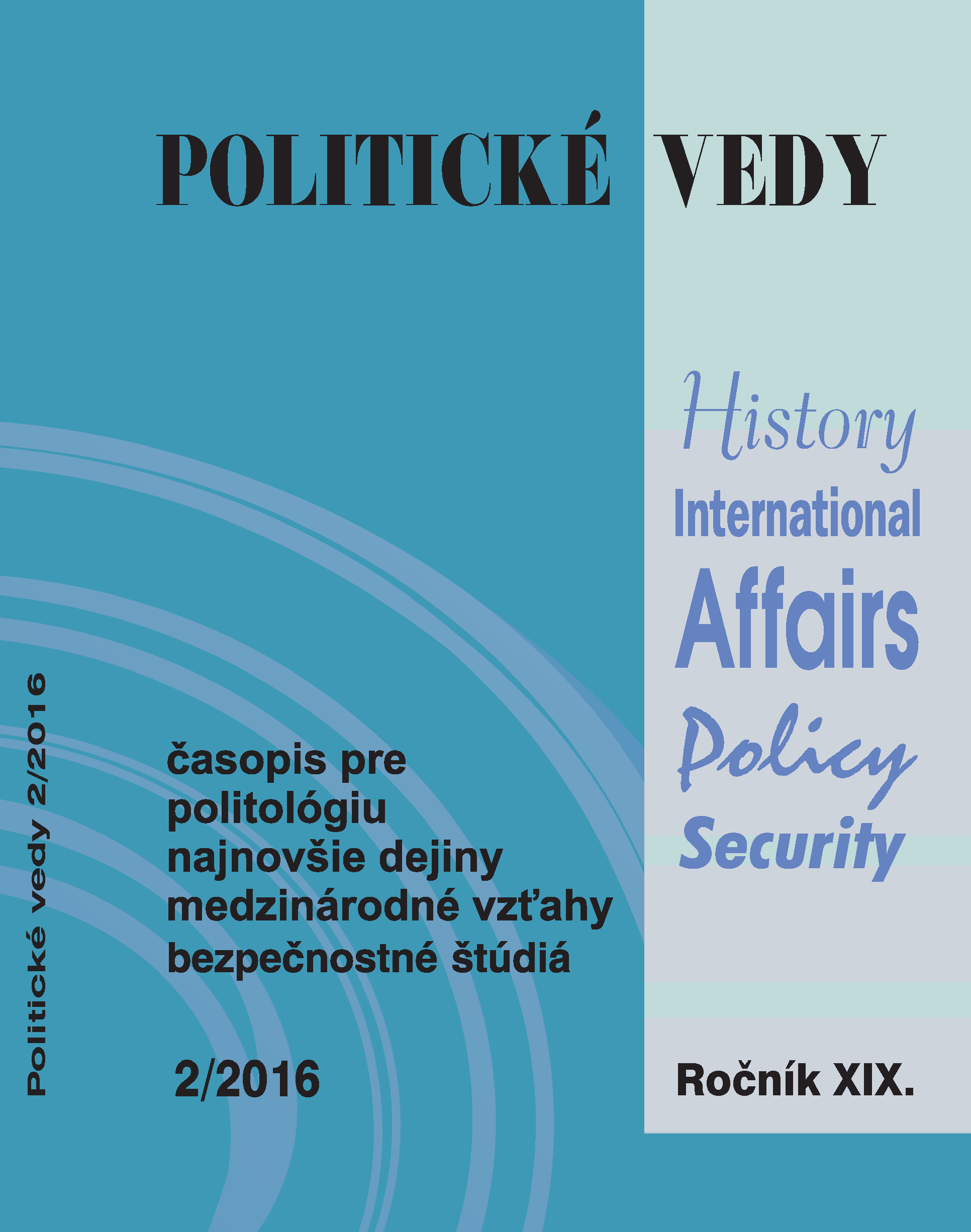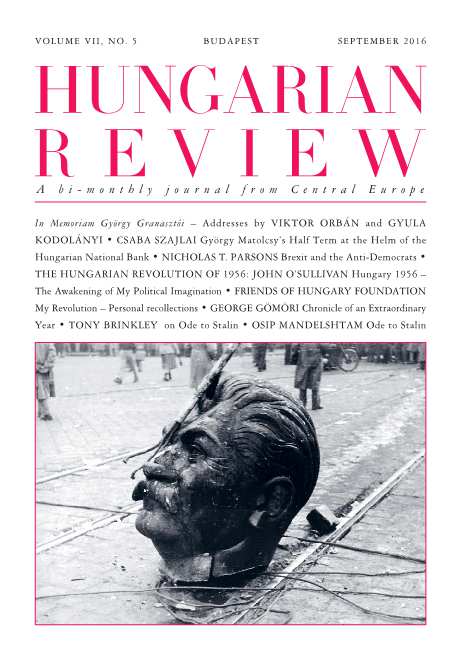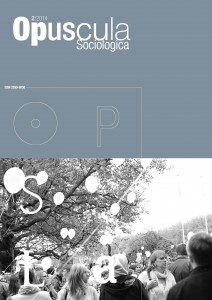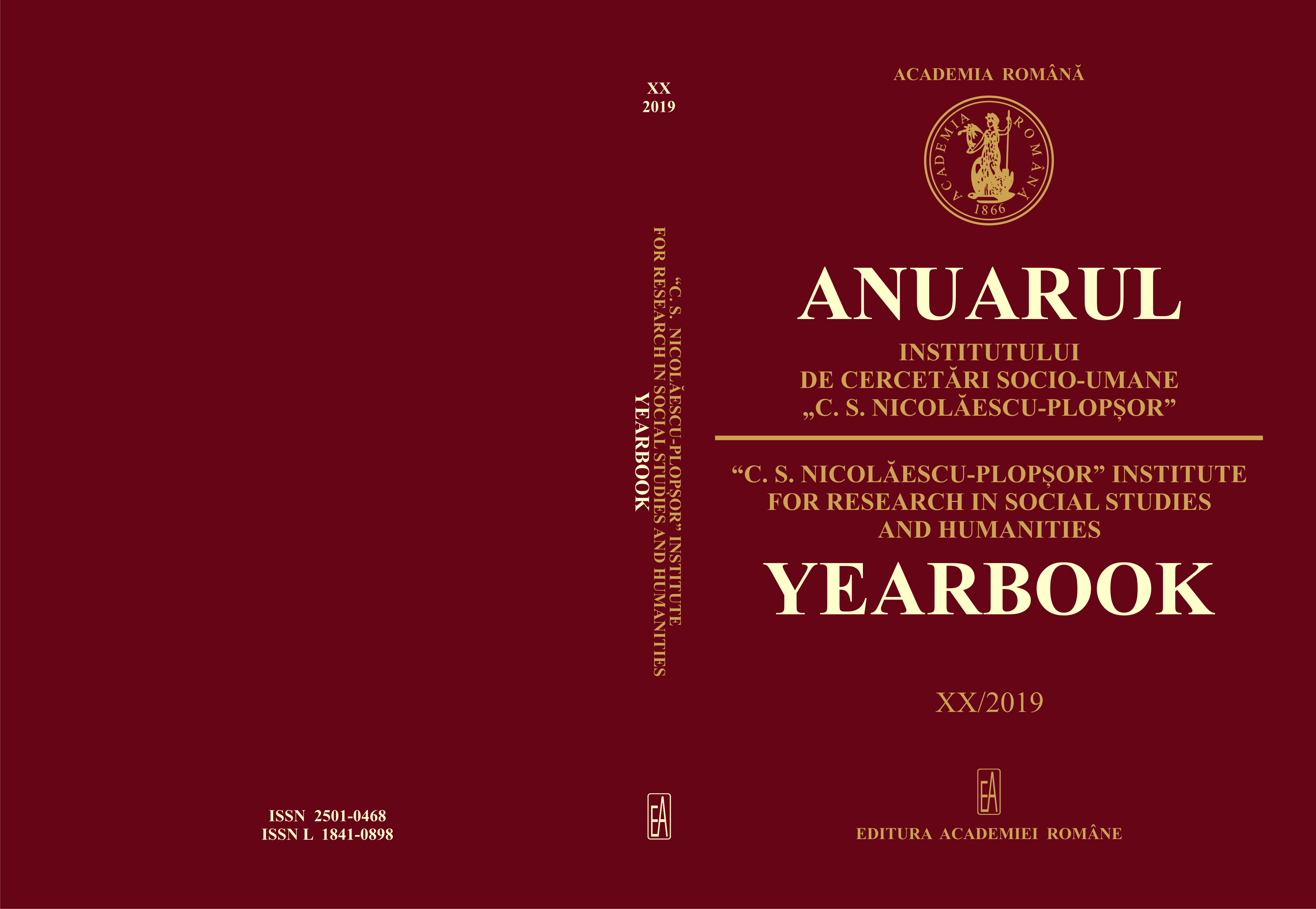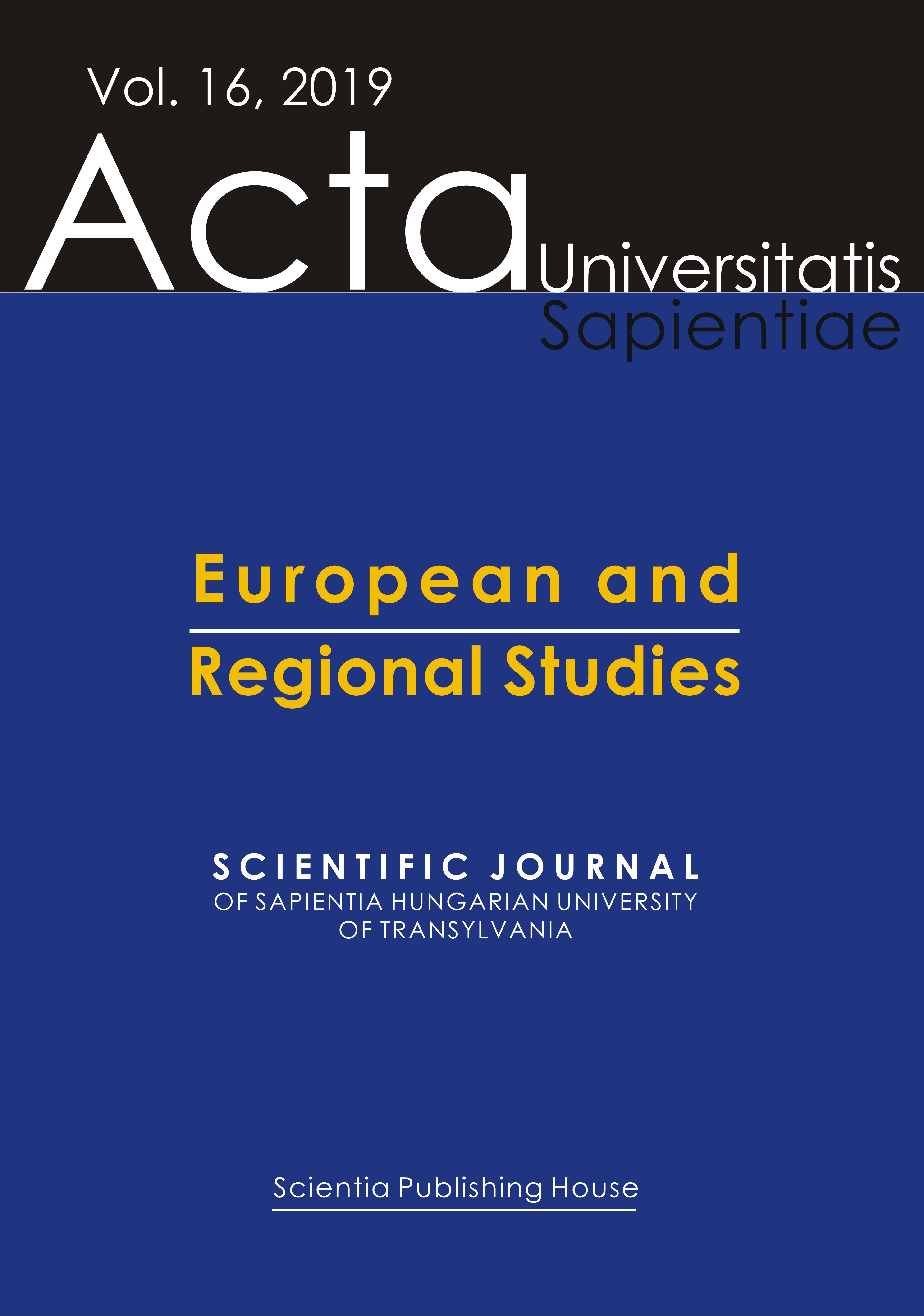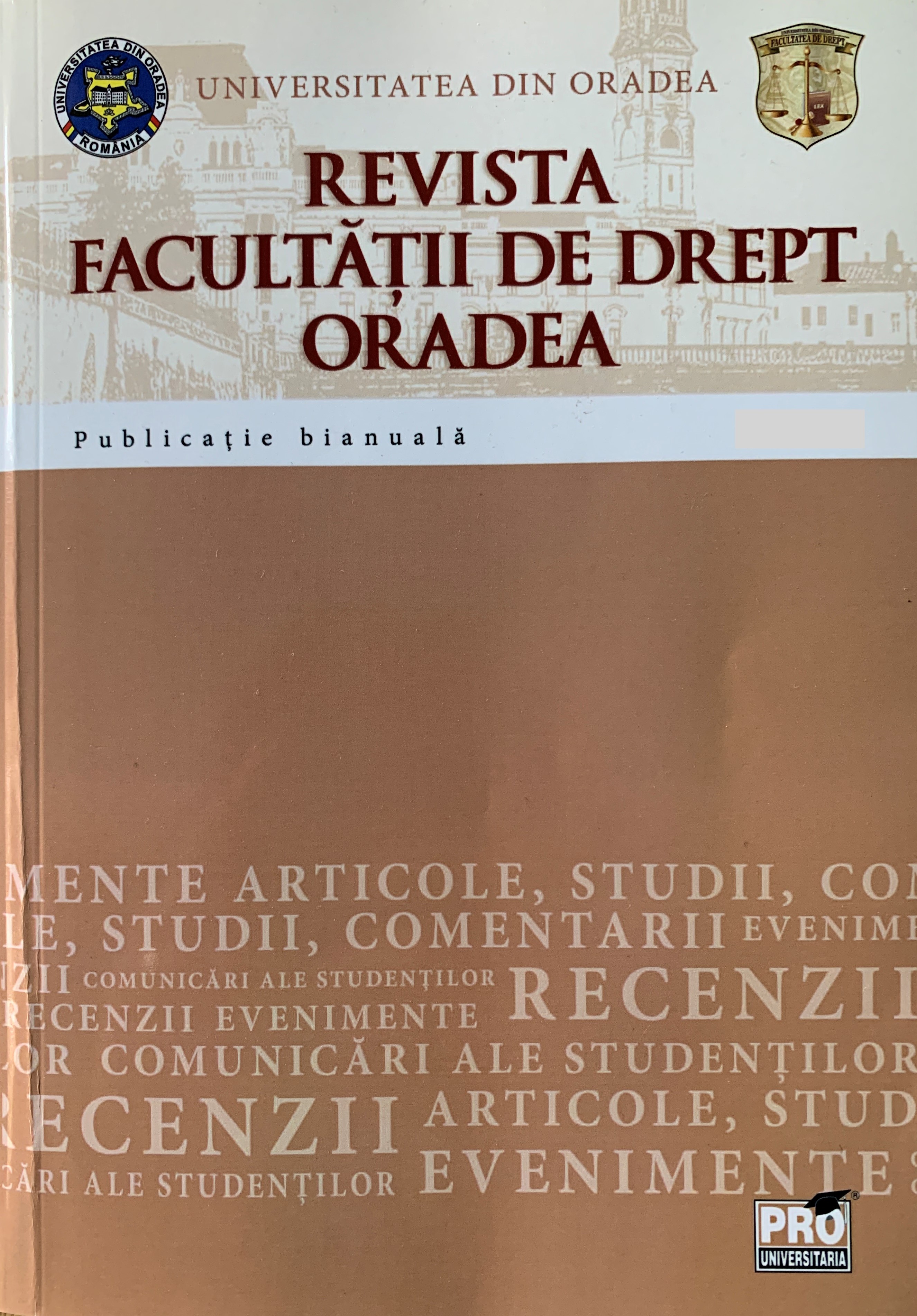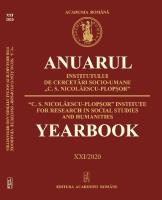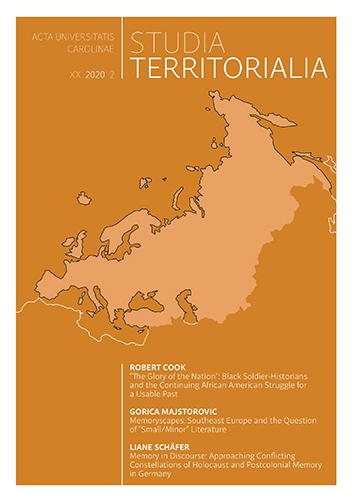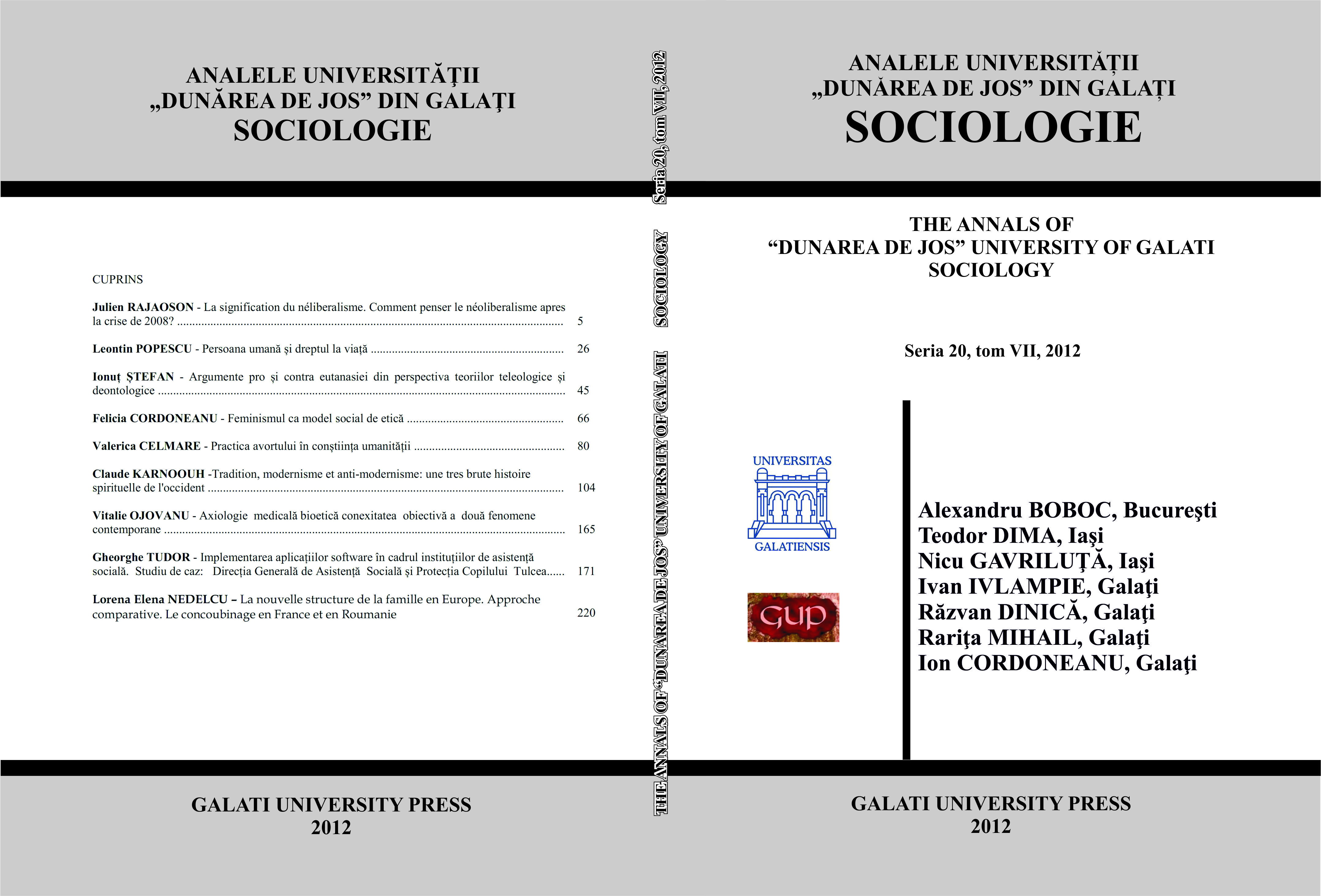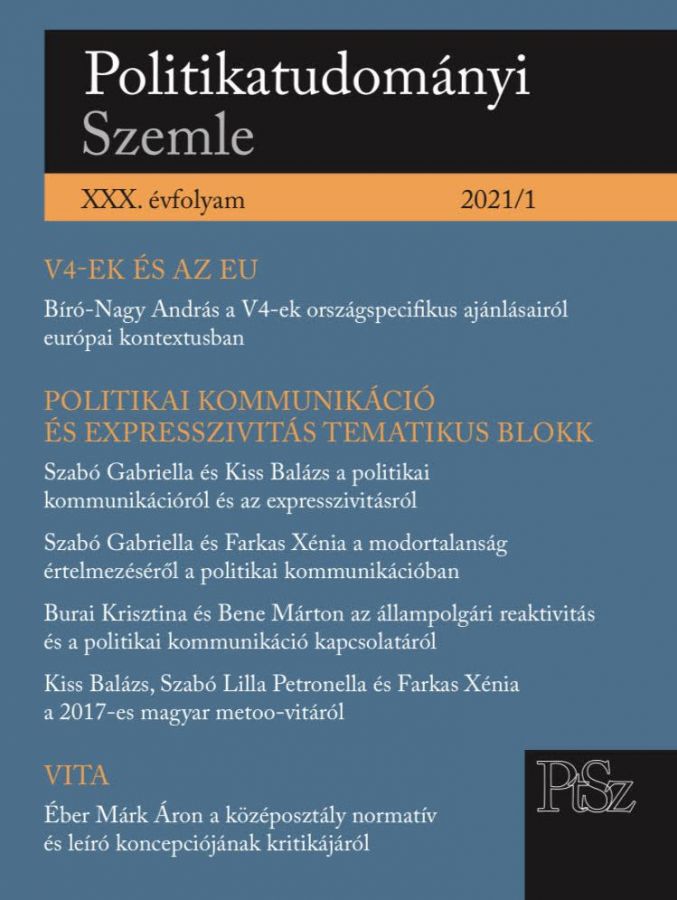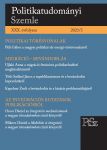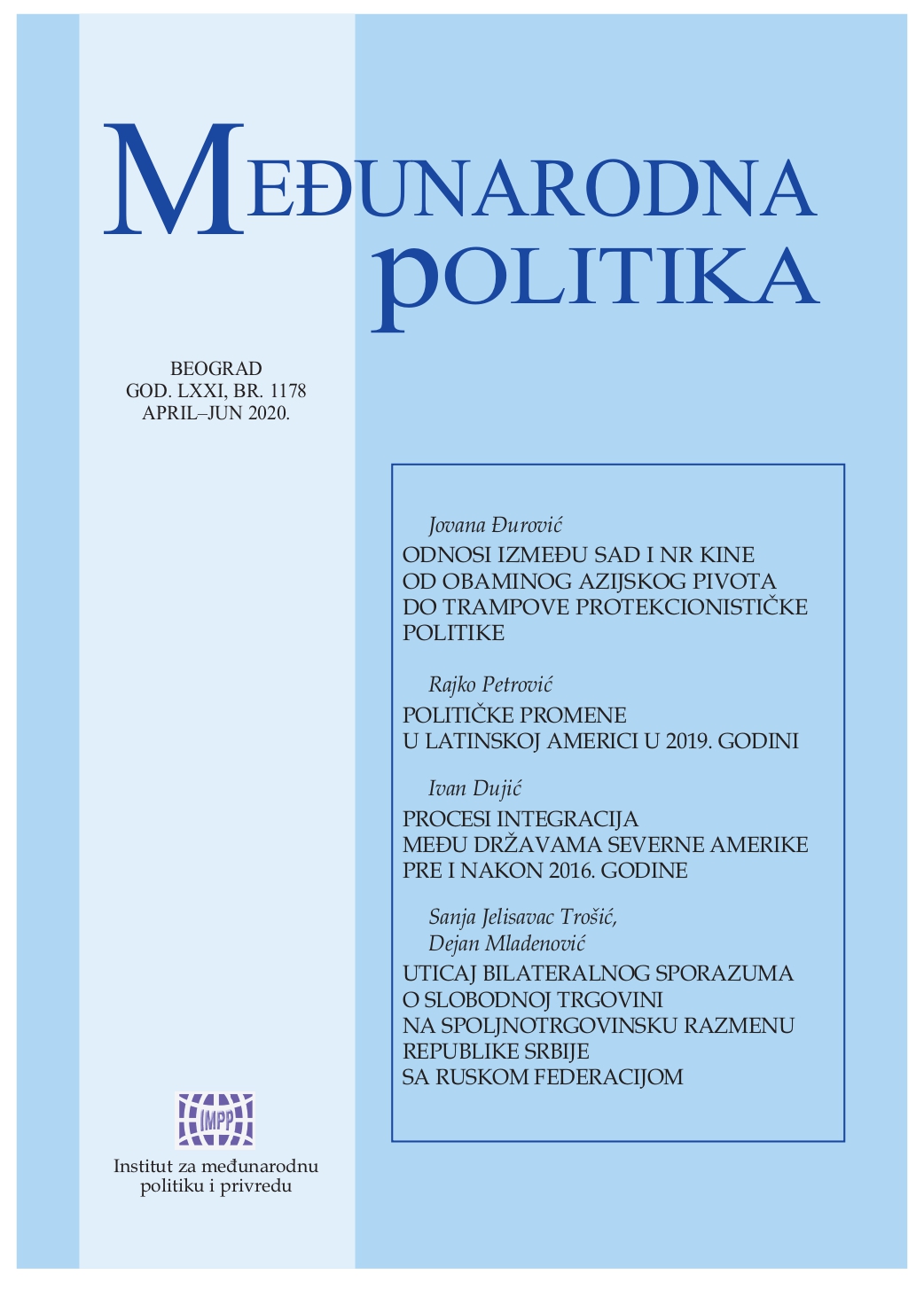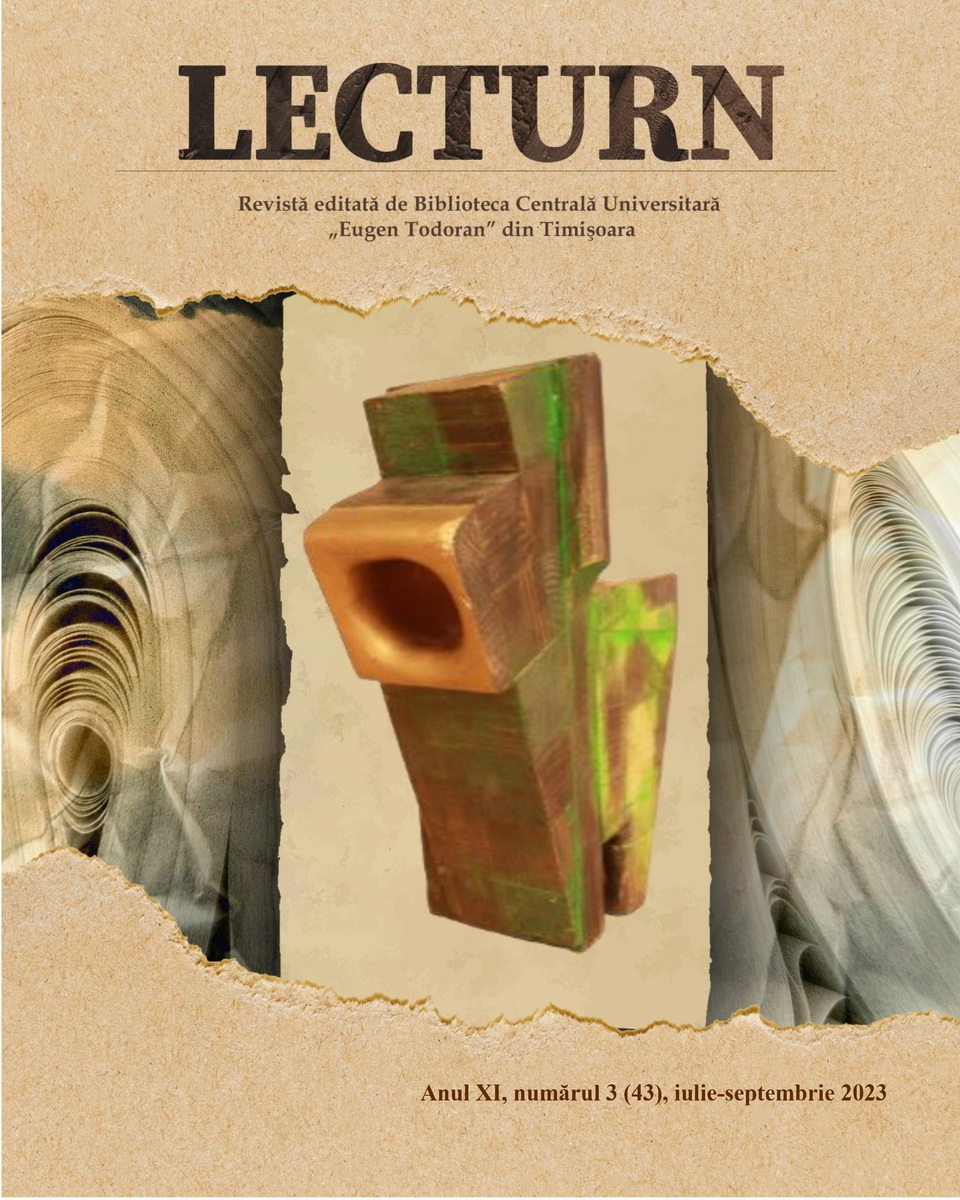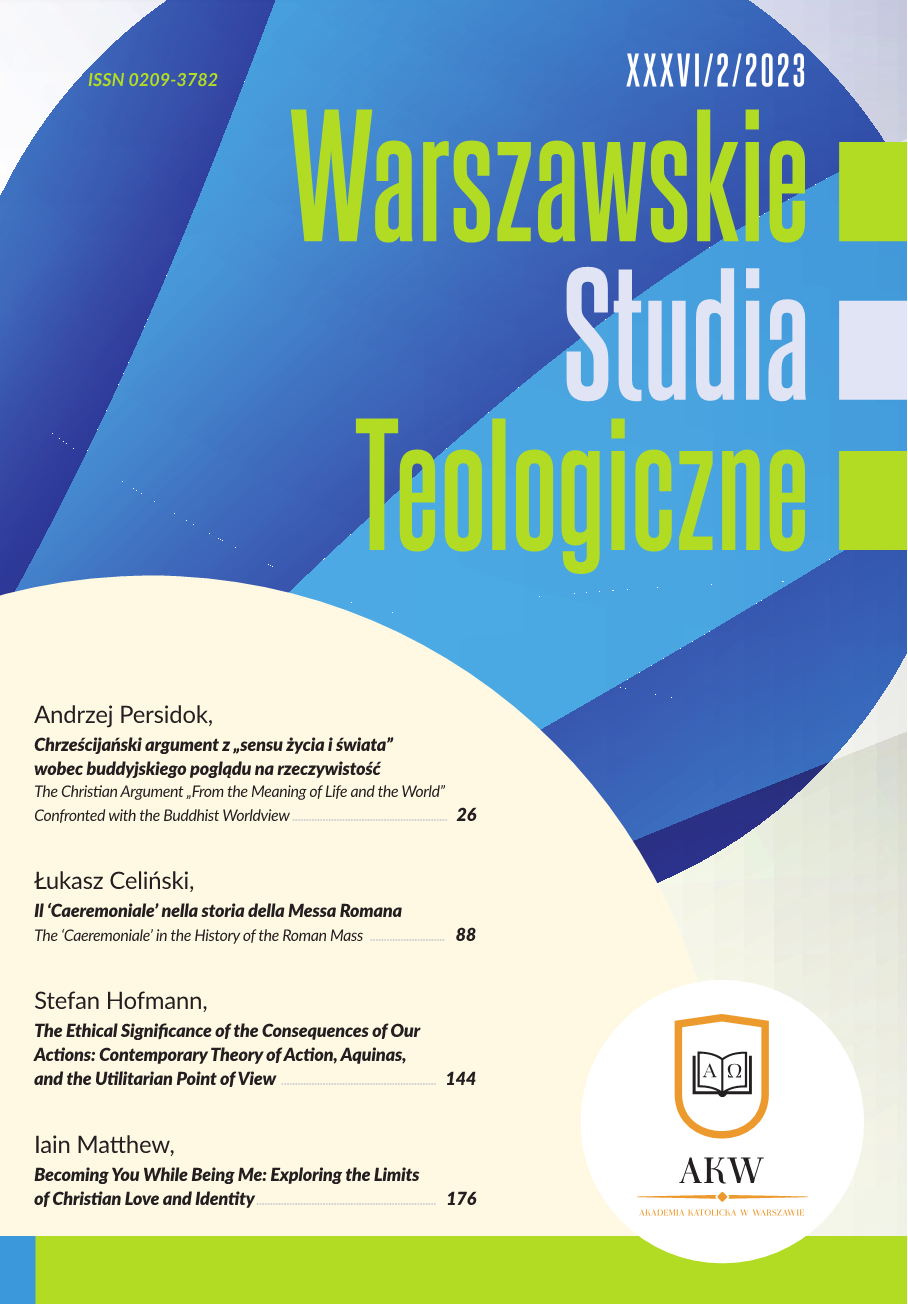
Политиката на Чешката република за интеграция на децата чужденци
After the collapse of the Eastern Bloc Czech Republic attracts many immigrants, most of whom are from countries outside the European Union. This process raises the need to develop state policy for their integration. The article presents the national policy for the integration of foreigners` children on the basis of main documents – “Updated concept for the integration of foreigners” in 2011, “The procedure for the implementation of the updated concept for the integration of foreigners” in 2014 and others. The emphasis is on the importance of education to the successful integration of foreigners` children, with specific attention being paid to the study of the Czech language as key to effective integration. Some difficulties are indicated in the practical implementation of integration policy as a shortage of textbooks, difficulty adapting of some students to the Czech education system, language barriers, insufficient funds to provide assistants for the teachers and quality learning materials. It was concluded that despite the difficulties so far integration policy achieved its main aim for conflict-free coexistence and understanding between foreigners and Czech society.
More...
